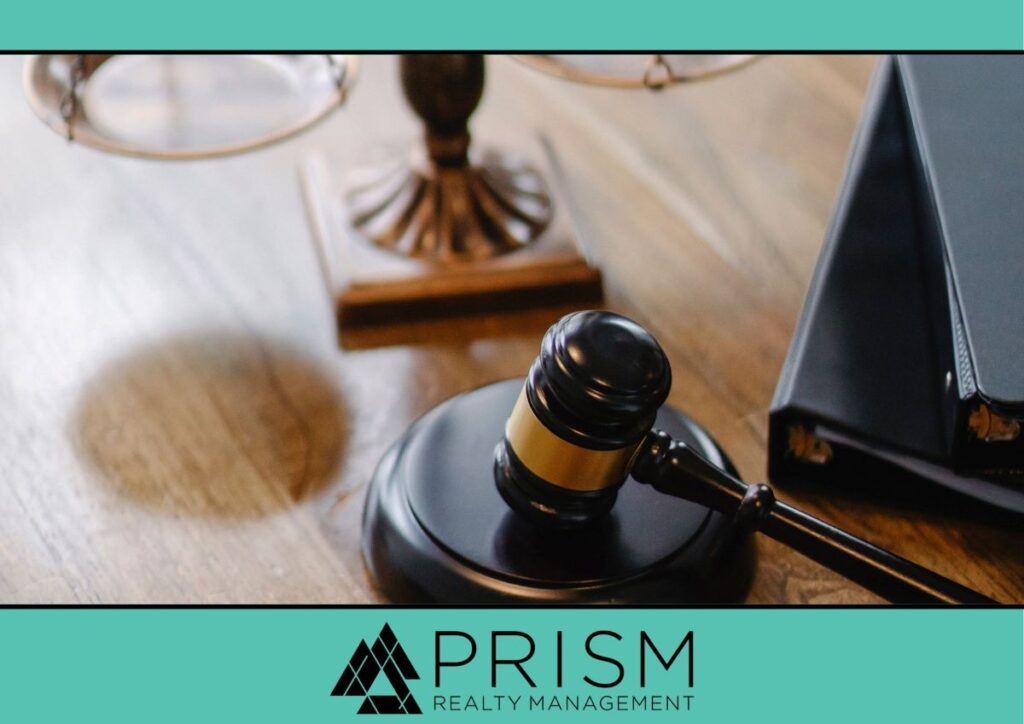
Nearly 350,000 communities and over 70 million people in the United States are members of HOAs. Their HOA Board impacts their daily lives more than their local, county, state, or federal governments. As a result, understanding HOA legal obligations is essential.
The Board’s primary function is to enforce and occasionally create rules that ensure community residents’ safety and orderly conduct. The HOA is also responsible for maintaining the community’s common areas like pools, parks, and playgrounds; and keeping up the roads, lighting, and sidewalks within the community. HOA dues, fees, and assessments paid by property owners fund the responsibilities of the BOD. The HOA may also collect fines from community members who violate community rules. The practices and standards for all HOAs are outlined in their governing documents and Bylaws. In addition to the governing documents, all HOAs in Texas are governed by the Texas Residential Property Owners Protection Act.
Fiduciary Responsibilities
An HOA Board of Directors has a fiduciary duty to their association and its members. Board members of an HOA should uphold the three fiduciary duties: Duty of Care, Duty of Loyalty, and Duty to Act Within the Scope of Their Authority.
- Duty of Care: A Board member must understand HOA governing documents. The must also be reasonable and prudent in carrying out their responsibilities. They must avoid making decisions or taking actions that are impulsive, inconsistent with governing documents, or arbitrary.
- Duty of Loyalty: HOA Board members must act in good faith to promote the best interests of the entire association. A Board member must act in the best interest of the whole community rather than for their personal interests. Board members must refrain from voting or acting on an issue if they have a conflict of interest.
- Scope of Authority: HOA Board members must read their governing documents to educate themselves on the limitations of their authority. They cannot act or make decisions on matters outside their roles’ boundaries. It is never appropriate for the BOD to bypass the individual rights of homeowners within the association.
Fiduciary duty protects the association. If the Board does not fulfill its fiduciary obligations to the association, it will be held accountable for its actions. Imposing fiduciary responsibilities on the BOD is a reminder to act responsibly at all times.
A homeowner has the right to sue a Board member. However, if the Board member can prove that their actions were within their scope of fiduciary duty, a court may not hold them personally liable.
Breach of Fiduciary Duty
Suing for HOA breach of fiduciary duty is common. Here are some examples of violations that an HOA BOD might encounter:
- Breaking confidentiality
- Conflicts of interest
- Failure to perform due diligence before making a financial decision
- Failure to enforce the governing documents
- Inconsistent enforcement of the governing documents
Personal Liability
Homeowners can sue their HOA for several reasons. Most homeowners associations carry Directors & Officers (D&O) liability insurance to protect individuals from personal losses and legal fees. State laws and the association’s governing documents limit the personal liability of Board members. Which means they will not be personally liable for an hones error. However, a court may find a Board member liable if they have exhibited willful misconduct or made decisions in bad faith.
A productive BOD that always serves its community’s best interest should not have conflicts that rise to the level of legal action. The BOD should treat its fiduciary responsibility as a reminder to take pride in its service to the community.
Please contact a trusted legal advisor for questions concerning legal requirements or the association’s governing documents. If you have questions about Prism Realty Management or would like additional information about our Association Management Services, please contact us for more details.